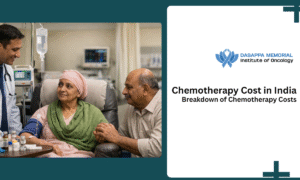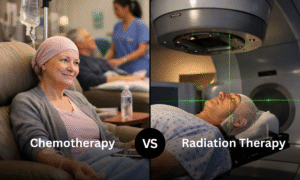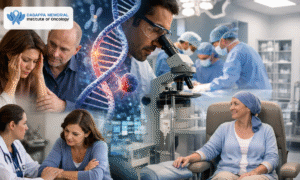Hearing the word “cancer” can feel overwhelming. But when we understand different cancer types in simple terms, it becomes easier to know what’s happening in our bodies and support those around us.
At Dasappa Memorial Institute of Oncology, a trusted cancer hospital in Bangalore, we believe awareness is the first step toward better care. The right knowledge helps people recognize early symptoms, seek timely medical help, and choose effective treatments.
In this blog, we explain common cancers – brain tumors, stomach cancer, blood cancer, head and neck cancer, genitourinary cancer, gastrointestinal cancer, and thoracic cancer – in simple language. We will also share examples, comparisons, and tips so you can understand them better and see why early detection matters.
Why Knowing About Cancer Types Matters
Cancer is not just one disease; it’s a collection of many diseases. Each type affects different parts of the body, shows different symptoms, and requires specific treatments.
When we know the basics, it helps in:
- Spotting early warning signs.
- Making the right enquiries with doctors.
- Choosing the right hospital.
So let’s go step by step and simplify the most common types of cancer.
1. Brain Tumor
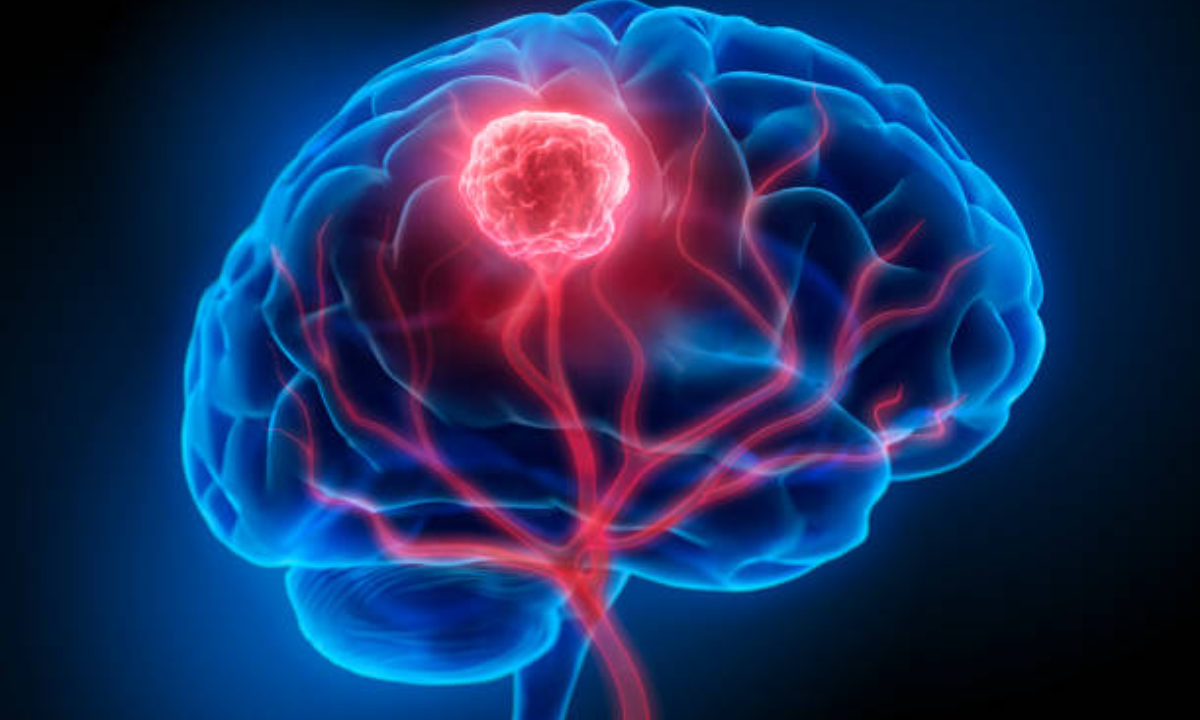
A brain tumor is an abnormal growth of cells inside the brain. Not all brain tumors are cancerous, but even non-cancerous ones can be harmful because they press on vital brain areas.
Common signs include:
- Persistent headaches.
- Sudden vision changes.
- Seizures.
- Difficulty with speech or memory.
| Brain Tumor Type | Benign (Non-Cancerous) | Malignant (Cancerous) |
| Growth | Slow | Fast and aggressive |
| Treatment | Surgery, monitoring | Surgery, radiation, chemo |
If you or your loved one is facing this, it’s important to consult the best brain tumor hospital in Bangalore, where experts and advanced technology come together for the best possible outcome.
2. Stomach Cancer
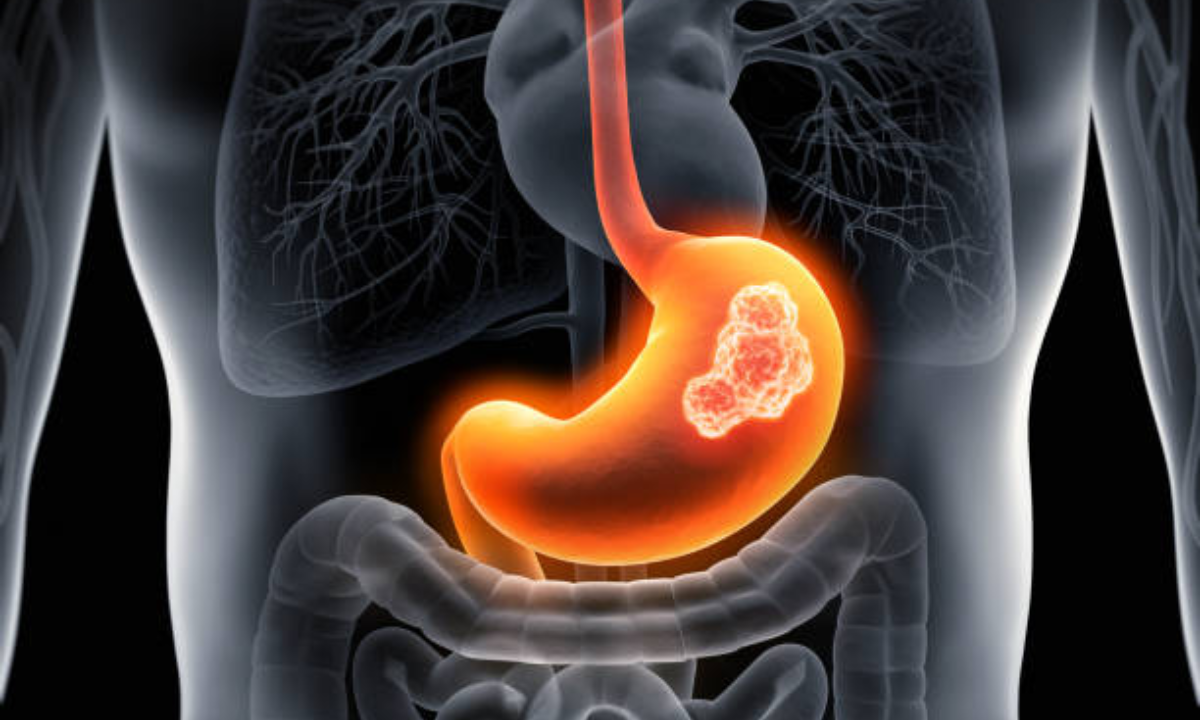
Stomach cancer begins in the lining of the stomach. It develops slowly and may not show symptoms early on. That’s why many people discover it late.
Symptoms may include:
- Indigestion that doesn’t go away.
- Stomach pain.
- Loss of appetite.
- Unexplained weight loss.
If you have frequent indigestion or nausea that doesn’t improve, don’t ignore it. Early tests can make a huge difference.
3. Blood Cancer
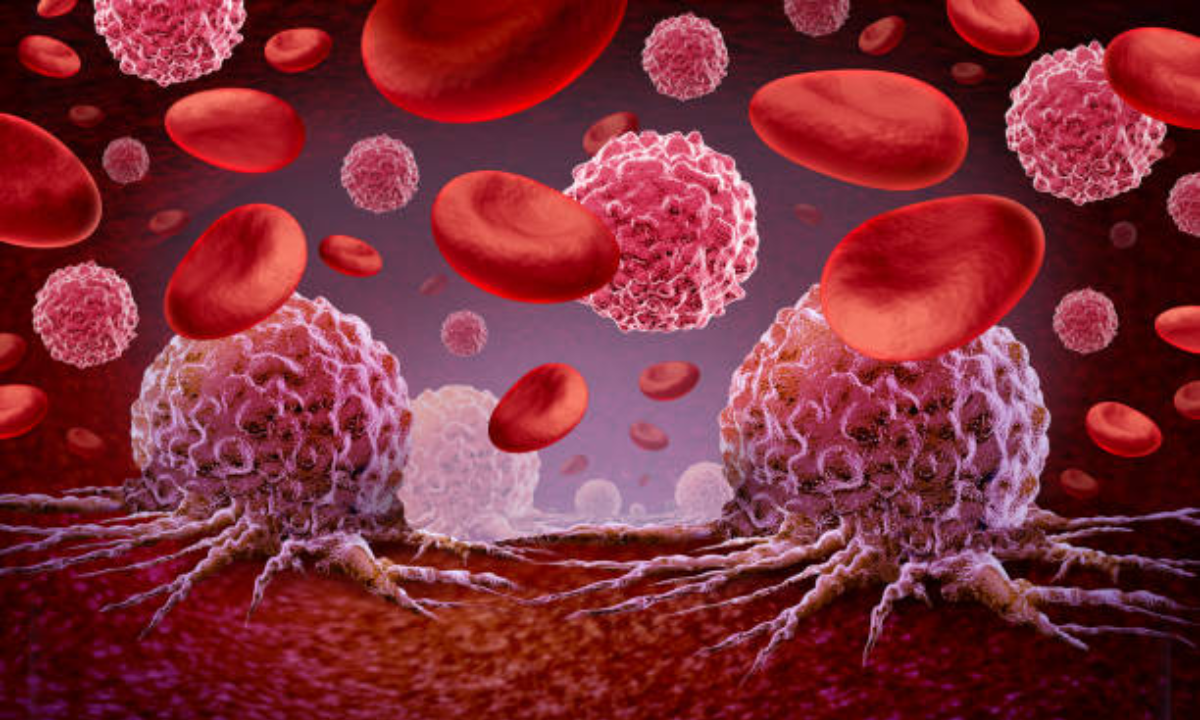
Blood cancer affects how blood cells are produced and how they function. The three main types are:
- Leukaemia – starts in the bone marrow and affects white blood cells.
- Lymphoma – starts in the lymphatic system, which is a part of the body’s immune system that helps fight infections and remove waste.
- Myeloma – affects plasma cells in bone marrow.
Signs to watch for:
- Constant fatigue.
- Frequent infections.
- Unusual bruising or bleeding.
- Swollen lymph nodes.
| Blood Cancer Type | Key Effect |
| Leukemia | Abnormal WBC growth |
| Lymphoma | Lymph node swelling |
| Myeloma | Bone marrow damage |
Getting treated at the best blood cancer hospital in Bangalore gives patients access to specialized oncologists, advanced labs, and tailored therapies.
4. Head and Neck Cancer
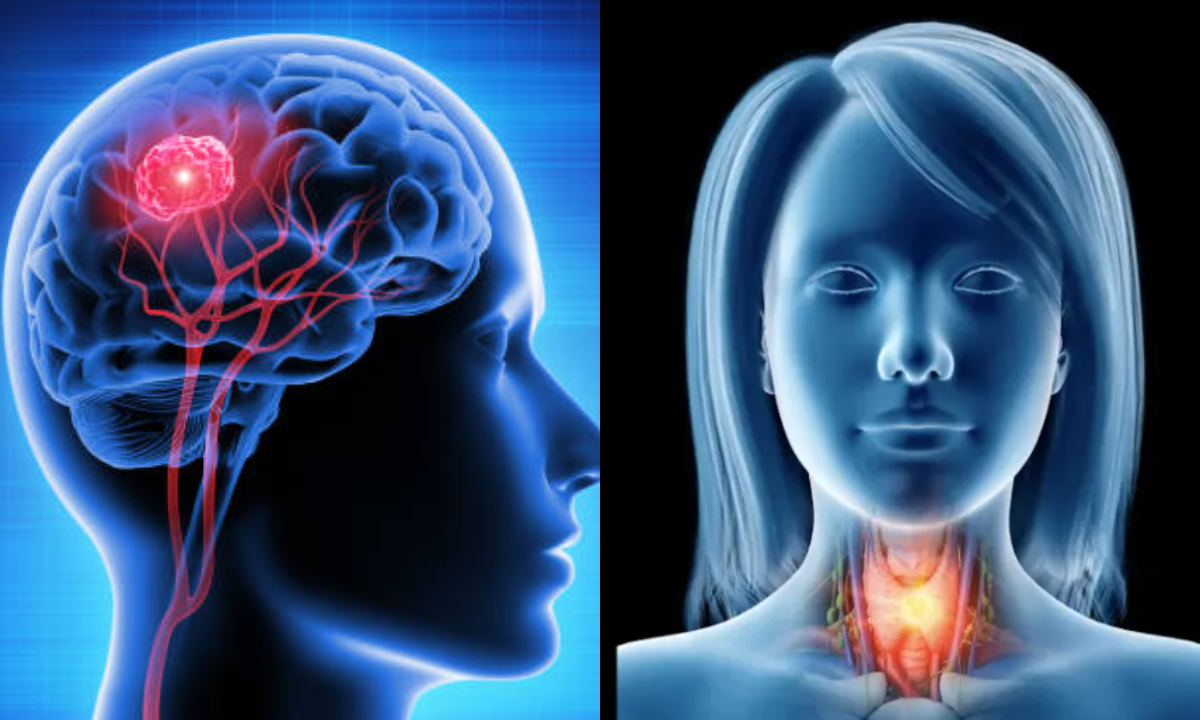
This type of cancer includes cancers of the mouth, throat, nose, sinuses, and voice box. Most often, they are linked to tobacco, alcohol, and HPV infection.
Common symptoms:
- Persistent sore throat.
- Hoarseness or voice change.
- Difficulty swallowing.
- Unhealed mouth ulcers.
Tip: Avoiding tobacco and alcohol greatly lowers your risk of head and neck cancer. Regular dental and ENT check-ups also help in catching it early.
5. Genitourinary Cancer
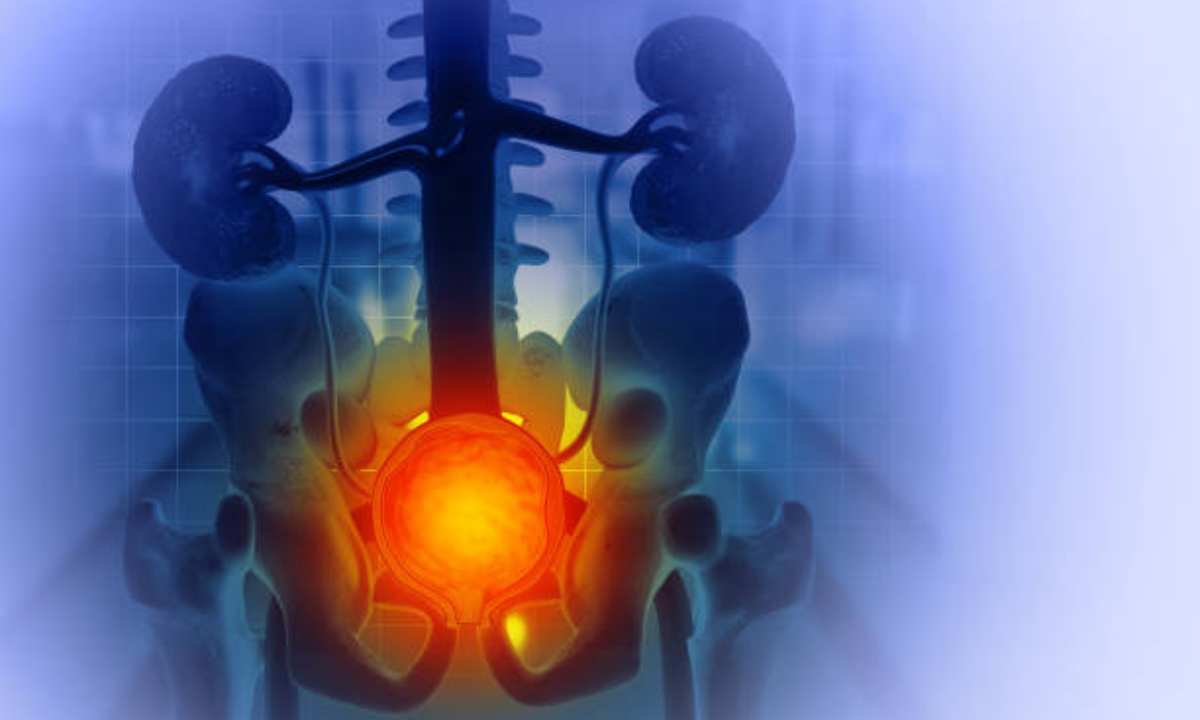
This group covers cancers of the urinary system and reproductive organs. Examples include kidney cancer, bladder cancer, prostate cancer (in men), and ovarian or cervical cancer (in women).
Signs can vary but may include:
- Blood in urine.
- Pain in the pelvic region.
- Changes in urinary habits.
- Unexplained weight loss.
Example: Prostate cancer is one of the most common cancers in men, but when detected early through PSA tests, it can be managed effectively.
6. Gastrointestinal Cancer
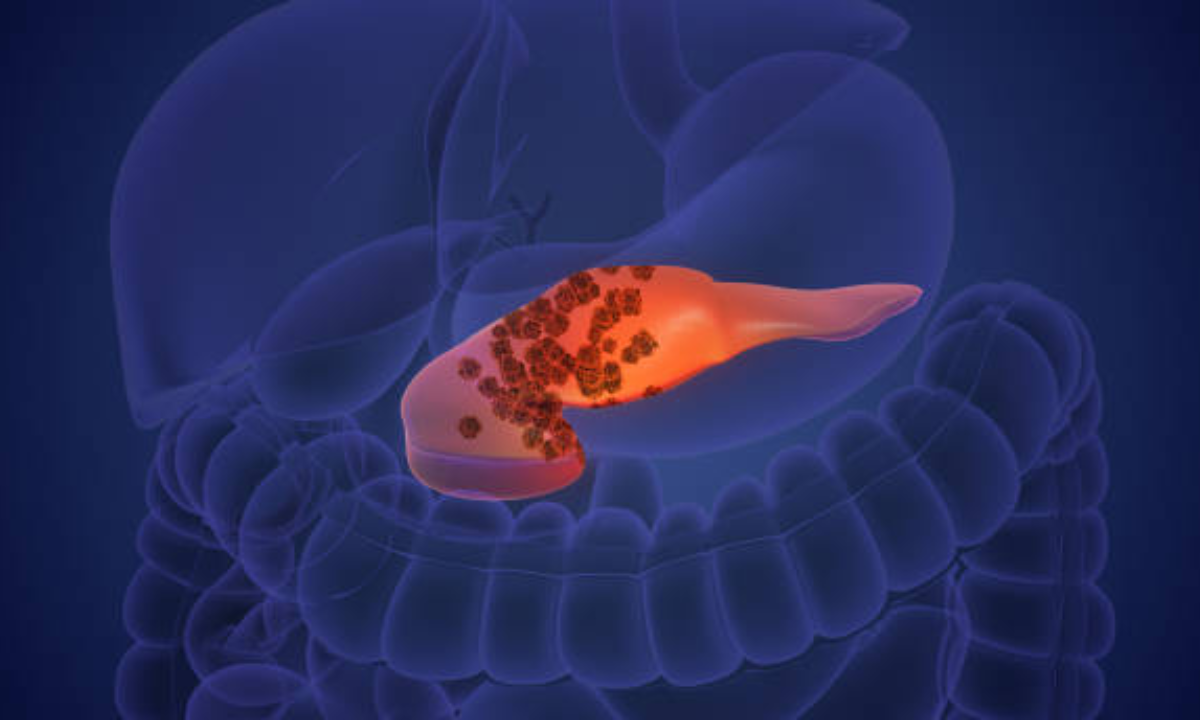
Gastrointestinal cancer refers to cancers affecting the digestive system, such as the oesophagus, liver, pancreas, intestines, and rectum.
Possible warning signs:
- Difficulty swallowing.
- Jaundice (yellowing of skin).
- Severe abdominal pain.
- Changes in bowel movements.
Simple way to remember: If it’s a digestive organ, it can potentially develop a gastrointestinal cancer.
7. Thoracic Cancer
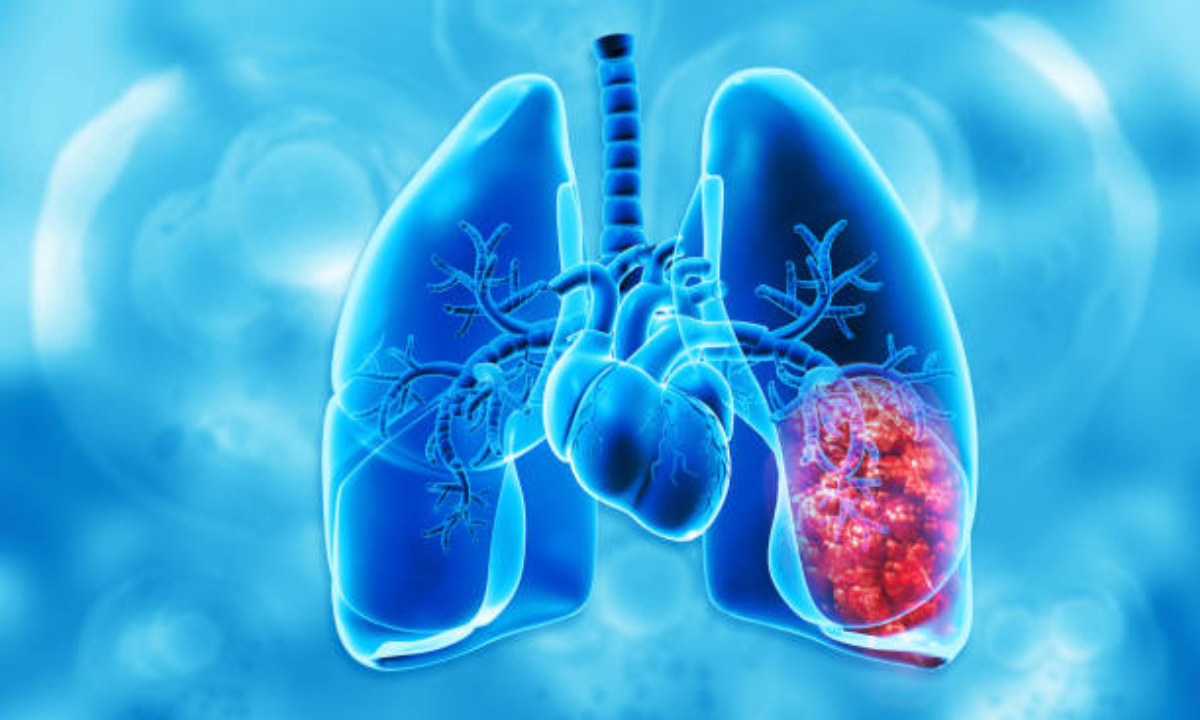
Thoracic cancer generally includes cancers within the chest, mainly lung cancer and esophageal cancer.
Lung Cancer
One of the most common cancers worldwide, usually linked with smoking, but non-smokers can get it too.
Symptoms include:
- Chronic cough that won’t go away.
- Coughing up blood.
- Shortness of breath.
- Chest pain.
If diagnosed, seeking care at the best lung cancer hospital in Bangalore can provide advanced treatments and multidisciplinary care.
8. Cervical Cancer
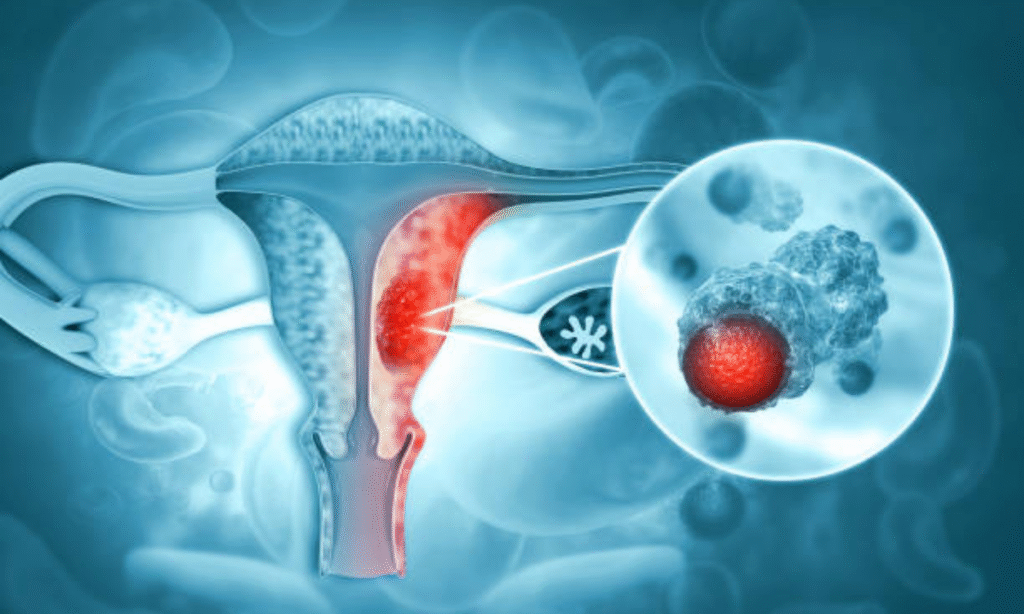
Cervical cancer begins in the cells of the cervix, which connects the uterus to the vagina. It is most commonly caused by long-term infection with the human papillomavirus (HPV).
Early symptoms may include:
- Unusual vaginal bleeding (after intercourse or between periods).
- Pelvic pain.
- Vaginal discharge with a strong odor.
Prevention tip: Regular Pap smear tests and HPV vaccinations are highly effective in preventing cervical cancer. For women, staying updated with screenings is one of the best ways to catch this cancer at its earliest and most treatable stage.
How to Reduce the Risk of These Cancers
While not all cancers can be prevented, some lifestyle choices significantly reduce the risk.
| Healthy Habits | How They Help |
| Quit smoking | Reduces the risk of lung, head, neck, and stomach cancers. |
| Balanced diet | Lower chances of gastrointestinal and stomach cancers. |
| Exercise regularly | Improves immunity and reduces obesity-related risks. |
| Regular check-ups | Detects early changes before cancer progresses. |
Tip: Early detection is often the difference between simple treatment and complicated recovery.
FAQs on Cancer Types
Q1. Are all tumors cancerous?
No, not all tumors are cancerous. Some are benign, which means they do not spread to other parts of the body. However, even benign tumors can cause health issues if they press on important organs or nerves. That’s why doctors often monitor or remove them if they pose a risk.
Q2. Can young people get cancer?
Yes, cancer can affect people of all ages, including children and young adults. While certain cancers, like lung or prostate cancer, are more common in older adults, blood cancer and brain tumors are seen more often in younger groups. Early detection and modern treatments have improved survival rates, even in younger patients.
Q3. Is cancer always genetic?
Not always. While genes play a role and some people inherit a higher risk, most cancers develop due to lifestyle choices, infections, or environmental factors like smoking, poor diet, or exposure to harmful chemicals. Having a family history only means you should be more cautious and proactive with check-ups.
Q4. How do doctors decide on the treatment?
Treatment plans depend on several factors: the type of cancer, its stage, the patient’s age, and overall health. Doctors usually rely on tests like biopsies, scans, and blood reports to design the right approach. Options may include surgery, chemotherapy, radiation, targeted therapy, or a combination of these.
Final Thoughts
Cancer may sound like a single disease, but as we have seen, it has many forms. From brain tumor to thoracic cancer, each behaves differently. Knowing the symptoms and acting early gives us the best chance of successful treatment.
At Dasappa Memorial Institute of Oncology, we have seen how timely diagnosis and expert care can transform outcomes. A trusted cancer hospital in Bangalore with advanced facilities and experienced specialists can provide the right guidance and support for patients throughout their journey.
Staying informed, getting regular check-ups, and making healthy lifestyle choices remain some of the strongest tools we all have in the fight against cancer.


